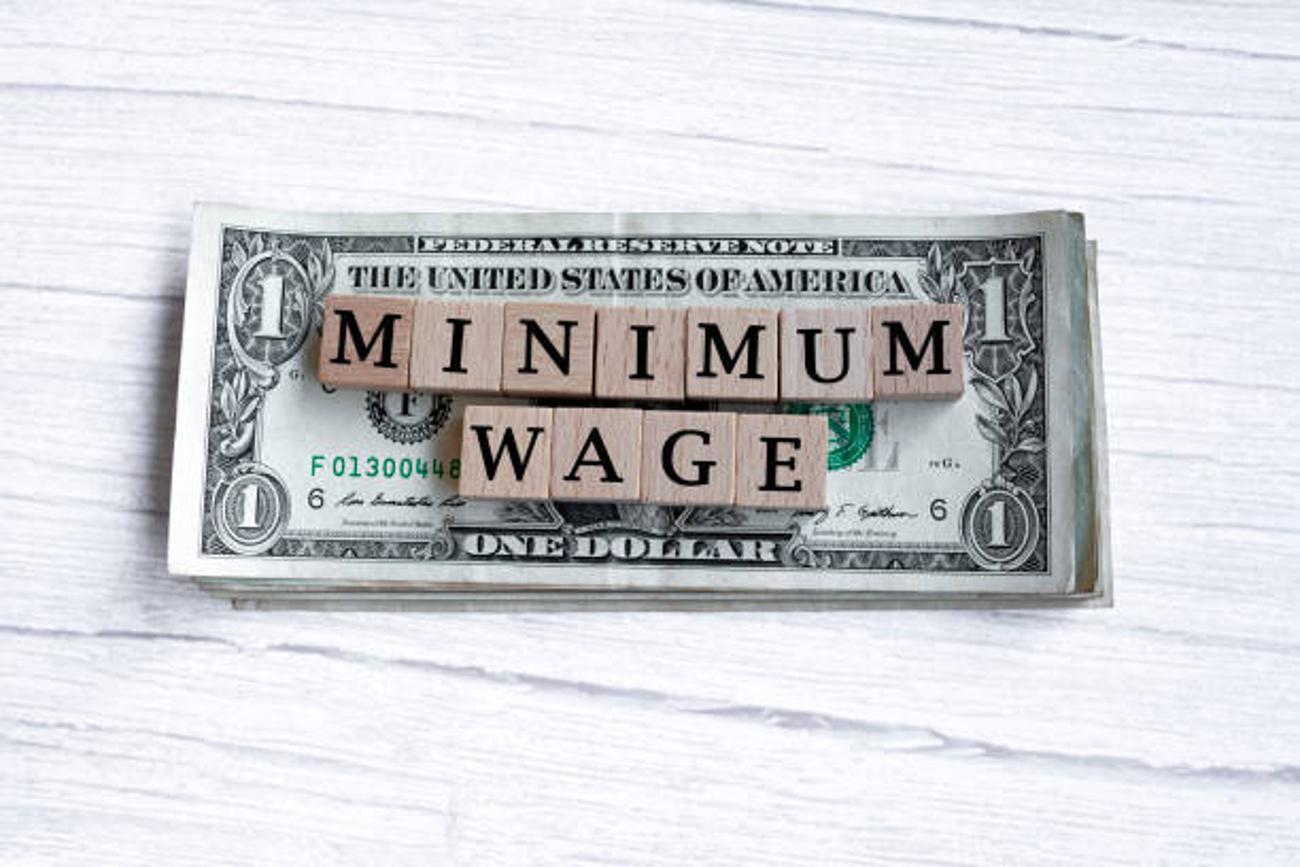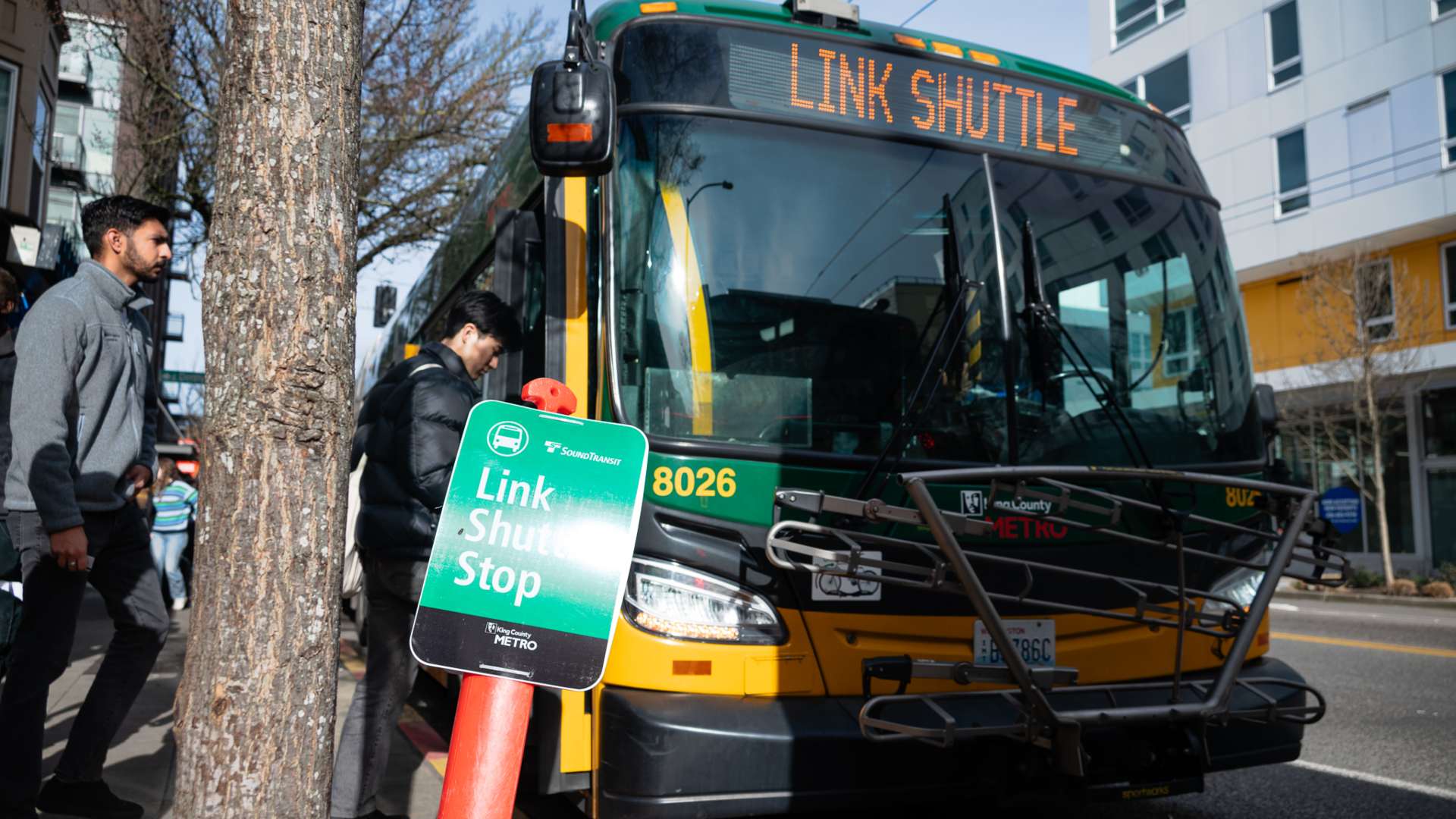A recent federal court decision has significant implications for rafting on the Arkansas River in Colorado.
On April 30, the court upheld a $15 per hour minimum wage for raft guides, following an appeal to the 10th U.S. Circuit Court of Appeals. This ruling could lead to higher prices and fewer trips for customers, altering vacation plans for many adventure seekers.
Increased Operating Costs for Outfitters

Colorado river outfitters, like Arkansas Valley Adventures, argued that the wage increase would escalate their operating costs. Owner Duke Bradford expressed concerns that the new wages could force them to raise prices and reduce the number of rafting trips.
“We’re going to pay you twice as much but guess what, we don’t have any work,” Bradford said, highlighting the potential impact on both businesses and customers.
Potential Price Hikes for Rafting Adventures

With the new minimum wage, rafting outfitters may need to increase their rates to cover the higher labor costs. As such, customers planning to go water rafting might face higher prices, making it a more expensive activity.
The cost of maintaining high-quality service could also impact the availability of trips, potentially making rafting less accessible to some.
Quality of Service and Worker Productivity

The government argues that higher wages will boost worker productivity and improve service quality. As guides are paid more, they may feel more motivated and valued, leading to better customer service.
This could enhance the overall rafting experience, even if it comes at a higher cost, offering a potential silver lining for customers.
Legal Battle Continues for Rafting Outfitters

The state’s rafting outfitters association’s Executive Director, David Costlow, emphasized the need for Congress to legislate rather than leaving it to government agencies. He affirmed their intention to continue the legal battle.
“We work very hard to pay our staff as best we can … This isn’t about that, but we also don’t want to lose the ability to do overnights,” said Bradford, reflecting ongoing industry concerns.
California Workers Set Their Sights on a New $30 Minimum Wage

In California, workers are pushing for a new $30 minimum wage, which could significantly impact various industries, including tourism.
This push reflects a broader trend towards higher minimum wages across the country, indicating potential future changes in other regions as well.
Minimum Wage Violations Cost California Workers Billions

In a similar vein, California workers have faced significant financial losses due to minimum wage violations, costing them billions of dollars.
Ensuring fair wages is crucial for maintaining a stable workforce and high-quality service in the travel and tourism industry. Addressing these violations can improve working conditions and service standards, ultimately benefiting both workers and travelers in the long run.
King County Raises Minimum Wage to Highest Level in the Country

King County in Washington also recently raised its minimum wage to the highest level in the country. This move sets a precedent for other regions and could influence minimum wage policies nationwide.
Travelers visiting areas with higher minimum wages might experience higher costs for services, but also potentially better service quality and worker satisfaction, leading to a more enjoyable travel experience.
Impact on Travel Plans

Travelers should be aware of how federal and state wage rulings might affect their plans. Higher wages in popular travel destinations could lead to increased prices for activities, accommodations, and services.
Being informed about these changes can help travelers budget more effectively and choose destinations that align with their financial expectations, ensuring a smoother travel experience.
The Balance Between Fair Wages and Travel Costs

While higher wages can lead to increased travel costs, they also contribute to fairer working conditions and better service quality.
Travelers might find that the benefits of well-compensated staff, such as improved customer service and a positive experience, outweigh the higher prices.
Future Trends in Minimum Wage Policies

As minimum wage policies continue to evolve, travelers should stay informed about changes that could affect their vacation plans.
Monitoring these trends can help travelers make informed decisions and anticipate potential impacts on their travel experiences and budgets.
Preparing for Vacation in a Changing Economic Landscape

Travelers should prepare for potential changes in travel costs due to evolving wage policies.
Planning ahead, researching destinations, and understanding local economic conditions can help travelers navigate the changing landscape and enjoy their trips without unexpected financial surprises. Being proactive can ensure more enjoyable and stress-free vacation experiences.


